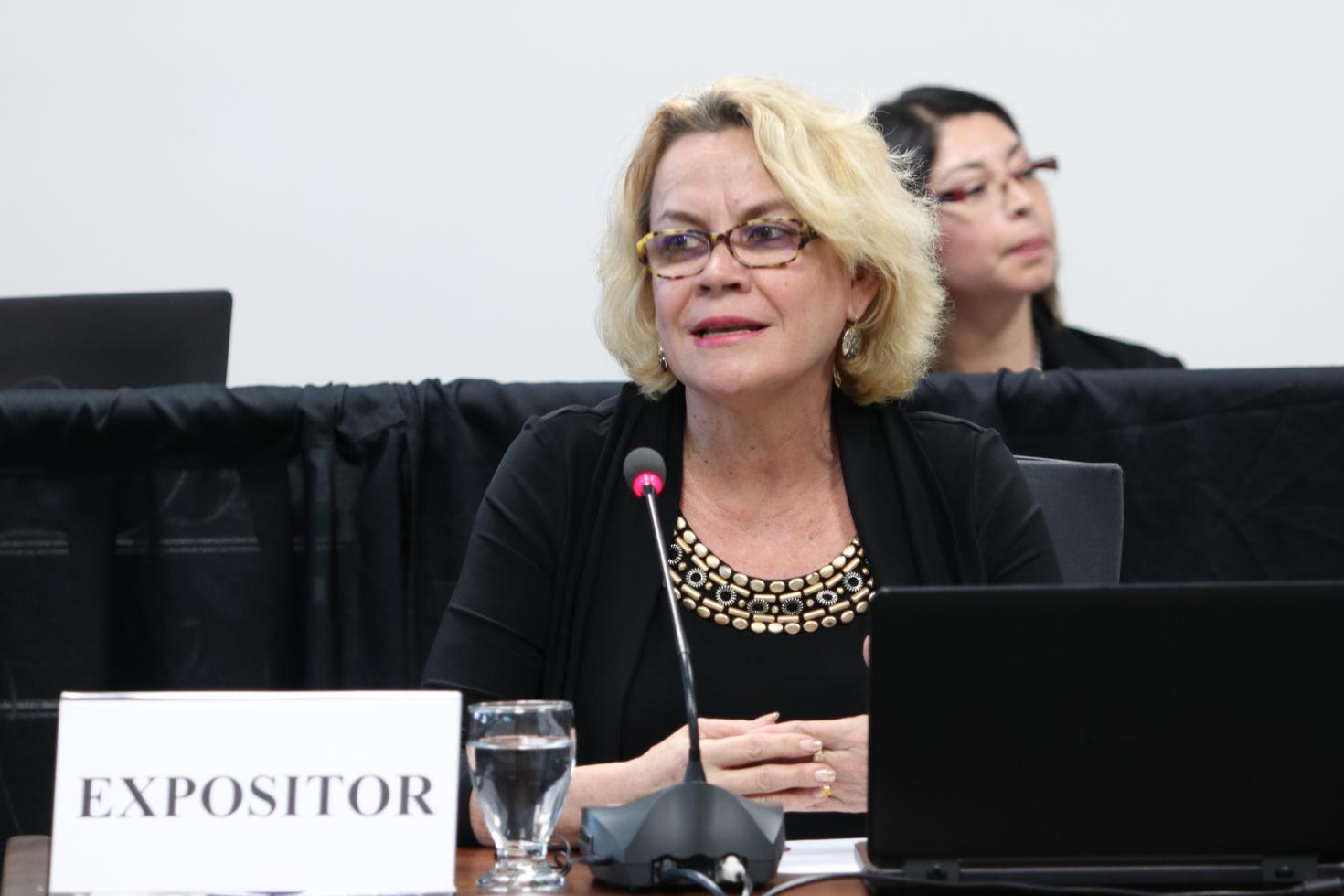Agricultural engineering, nutrition, food biotechnology, environmental management, business and other agriculture-related studies are just some of the options available to students in the Americas.

San José, 16 July 2019 (IICA) – Students and young professionals from 34 countries in the Americas will have more opportunities to pursue agriculture- and rural development-related educational programs, thanks to two new agreements that IICA has signed with the Carolina Foundation and the Ibero-American University Foundation (FUNIBER).
The agreements were formalized during a meeting of the Executive Committee of the Inter-American Institute for Cooperation on Agriculture (IICA) in San José, and will seek to create new development alternatives for rural women and youth and, in turn, spur positive changes in rural communities and areas.
Under the four-year agreement with FUNIBER, each IICA member country will receive 50 partial scholarships annually for online programs, designed to unleash the potential of academics and professionals in fields such as health and nutrition, environmental management, business and agricultural engineering, to name a few.
The scholarships for undergraduate and doctoral programs will cover 60% of academic costs, whereas the Masters’ scholarships will cover 75%. The benefit will not cover enrollment fees nor fees for the issuance of university diplomas.
“This partnership is vital to IICA”, said Manuel Otero, Director General of the Institute, “because the FUNIBER scholarships allow us to increase our contribution to continuous and quality education in areas related to agriculture and the environment, and in other areas of relevance to the Sustainable Development Goals (SDGs)”.
“Knowledge should be made available to all, regardless of economic considerations or distance”, said Claribet Morera, Executive Director of FUNIBER Costa Rica.
Access to education in Spain
The agreement between the Carolina Foundation and IICA paves the way for interinstitutional collaboration to enable young professionals in the Americas to study in prestigious Spanish universities, in fields that are relevant to the agriculture and rural sectors.
The Carolina Foundation is a Spanish institution that reviews, streamlines and adapts its international scholarship options on an annual basis, in keeping with new educational and cultural trends. Up to 2018, it had awarded more than 14,000 scholarships to leaders, researchers and professionals in Ibero-American countries.
Director of the Carolina Foundation, José Antonio Sanahuja remarked that, “This agreement is grounded in a broader consideration – the logic of promoting partnerships, in furtherance of the 2030 Agenda for Sustainable Development, to which we are committed”.
“These educational agreements are part of IICA’s strategy to facilitate access to higher education by rural youth and women; to build the technical capacity of the agriculture sector and to spur the development of our member countries”, said Francisco Mello, Coordinator of the Center for Knowledge Management and Horizontal Cooperation Services.
Otero also made special mention of the role of the Spanish Ambassador to Costa Rica, María Cristina Pérez Gutiérrez, in finalizing these agreements.
More information:
Francisco Mello, Coordinator of the Center for Knowledge Management and Horizontal Cooperation Services, IICA.











